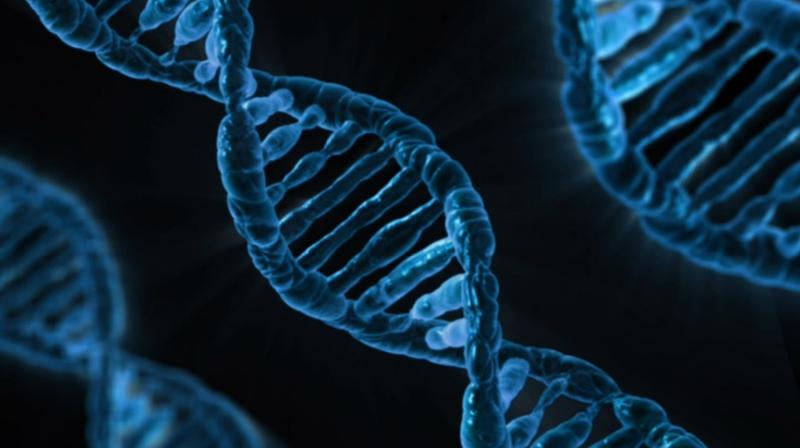Scientists identify 40 genes linked to aggressive behaviour
There is no genetic correlation with other psychiatric disorders such as schizophrenia, bipolar disorder, autism or PTSD.

Scientists have identified 40 genes related to aggressive behaviour in humans and mice, an advance that may lead to potential new drug targets.
The research, published in the journal Molecular Psychiatry, provides a deeper, integrative view on the genetic basis of aggressiveness and the common functional brain circuit alterations of violent behaviour in different species.
The origins of the violent behaviour are multi-factorial - biological, cultural, social, etc - and can modify the expression of the human behaviour, said the researchers from the State University of New York in the US.
"Aggressive behaviour has some benefits for the survival of species (accessing resources, breeding, etc). Our study focuses on the biological basis of aggressiveness, ie, those endogenous factors that tend to show certain antisocial behaviours," said Bru Cormand, a researcher from the University of Barcelona in Spain.
"However, aggressiveness has a significant environmental element, which was not considered in this scientific study. Therefore, it would be interesting to combine genetic and environmental data from the same individuals to consider the interactions that can occur between the same risk factors that influence this kind of behaviour," he said.
Humans and mice share a common genetic base regarding violent behaviour, according to the authors.
The scientists identified 40 genes in humans and mice that can lead to a risk of aggressive behaviours.
"These genes take part in biological processes that are related to the development and function of the central nervous system, communication within cells and cellular function maintenance," Noelia Fernandez Castillo, a researcher from University of Barcelona, said.
"Some genes are likely to function as important nodes of the gene networks prone to a violent behaviour, and those would probably be related to other genes that play a minor role. If any of those central genes is altered, it could affect the other genes and lead to the aggressive phenotype," she said.
The study revealed a shared genetic base between the aggressiveness in children and adults and attention deficit hyperactivity disorder (ADHD), and the aggressiveness in adults and major depression.
However, there is no genetic correlation with other psychiatric disorders such as schizophrenia, bipolar disorder, autism or post-traumatic stress disorder, so these pathologies would not share genetic risk factors with aggressiveness, according to the researchers.
The experimental protocol of the study combined several analyses evaluating the genetic basis of aggressiveness from different perspectives.
Working globally on the involved functional pathways in violent behaviours revealed more about the details of the molecular mechanisms that work behind aggressiveness, the researchers said.
"The most relevant verification of the study is that many genes are related to aggressiveness according to the results of very different experimental methodologies, which strengthens the idea of those participating in the behaviour profile," they said.

